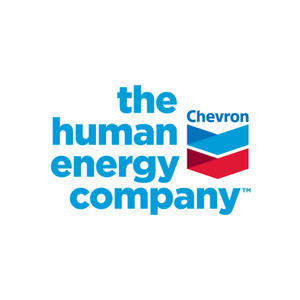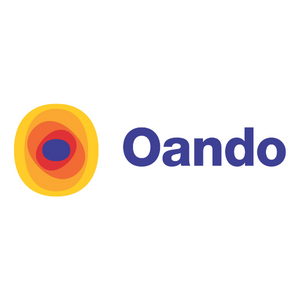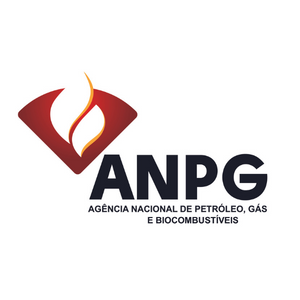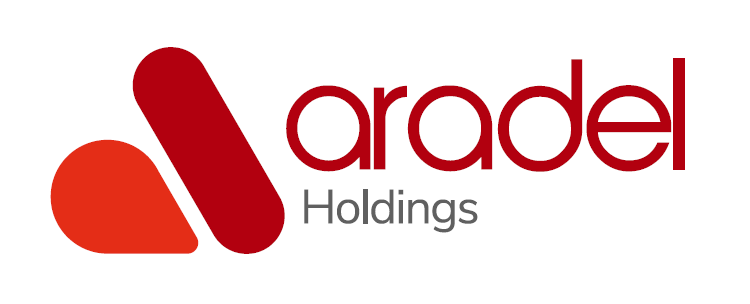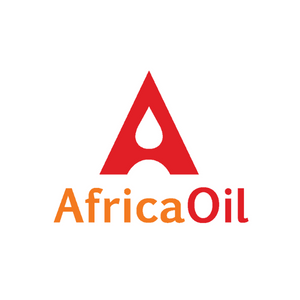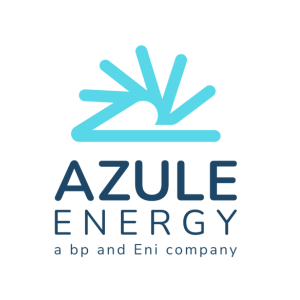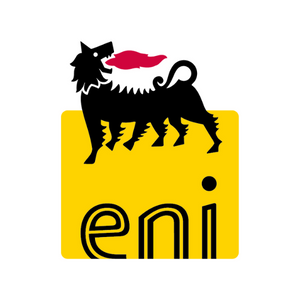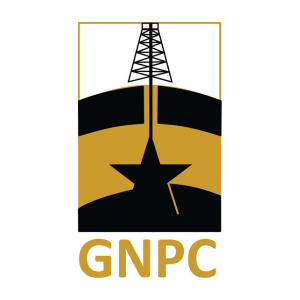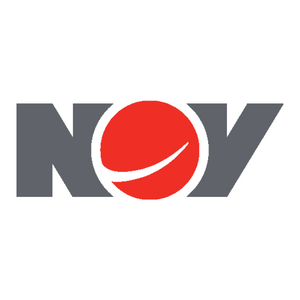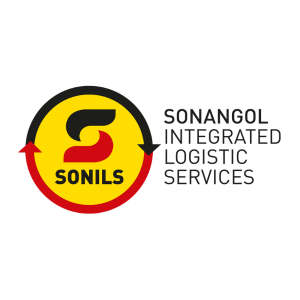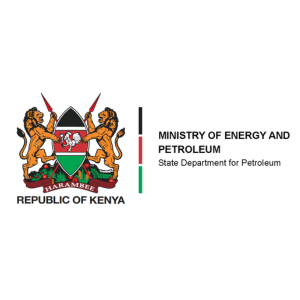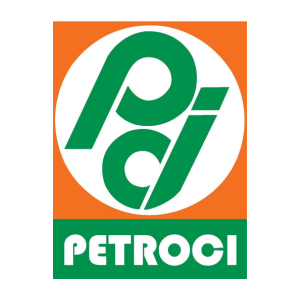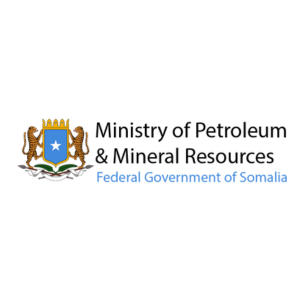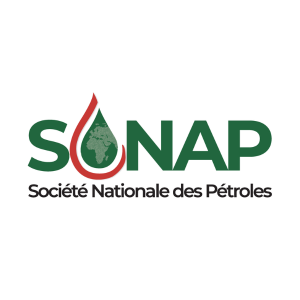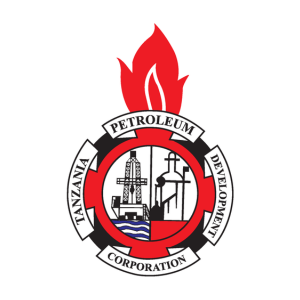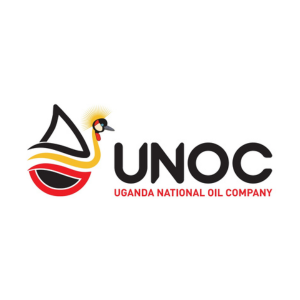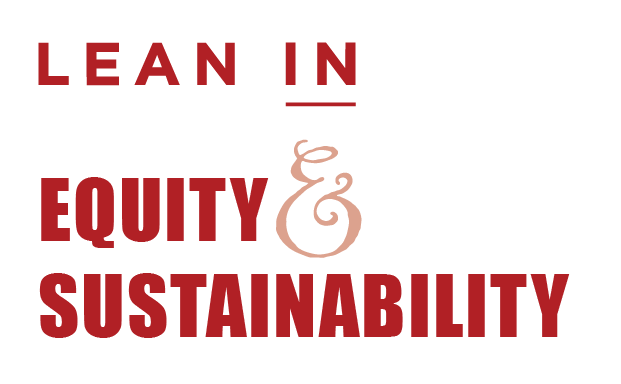Interview with Jon Clark, Partner and EMEA and India Leader, Oil and Gas Transaction Advisory Services, EY
In the run-up to Africa Oil Week in Cape Town in November, Jon Clark – Partner and Europe, Middle East, India and Africa Leader, Oil and Gas Transaction Advisory Services, at EY – talks about new forces at play in international oil markets and what these mean for African role-players
When the oil price crashed five years ago, it was supply side dynamics at play. Booming unconventional production, particularly in North America, brought downward pressure on the market. Crude prices have somewhat recovered and stabilised in recent times, but the oil and gas sector has not returned to its previous trajectory. Compared to previous cycles, it’s now the outlook for demand that is having the greatest impact in shaping the strategic thinking of the oil & gas sector.
There is much talk about the “energy transition”, where the world moves to lower carbon sources of energy. In some scenarios, this is expected to be a gradual evolution over many decades; in others the switch to renewables is predicted to move at a far greater pace, aligned to important climate change objectives. Nonetheless, oil and gas will play a significant part in the global energy mix for many years to come.
In previous cycles, “peak oil” was seen as a supply-side consideration with proponents advocating that oil is a finite resource and at some point production would peak; now, with growing competition from other energy sources, it has become a demand-side consideration, with consumption expected to be the scarce factor: ie. demand for oil will peak rather than supply, and this outlook is driving some fundamental change in the oil and gas sector.
These global forces apply equally to organisations operating in Africa’s oil and gas sector. Those operating in the upstream sector are reshaping their portfolios to focus on projects with one or more of the following characteristics, while oilfield service providers are adjusting their business to align to this change in demand for their products:
Oil has historically been the sector’s primary focus, but there is an increasingly important role for gas in the move to a lower carbon future. Indeed, the portfolios of many African players are moving to greater gas weightings. Gas has potential for effecting economic transformation in many African countries, not all of which are established oil producers. The hydrocarbon map of Africa is being redrawn.
The future is, as always, difficult to predict. The energy transition presents a diverse range of possible futures which, compared to previous predictions, are no longer simply high, medium and low versions of the same thing. In the face of uncertainty, understanding which investment classes are likely to deliver attractive returns in multiple scenarios will be a competitive advantage, along with portfolio optionality to enable organisations to rebalance in the inevitable event of the future being not quite as anticipated.
When the oil price crashed five years ago, it was supply side dynamics at play. Booming unconventional production, particularly in North America, brought downward pressure on the market. Crude prices have somewhat recovered and stabilised in recent times, but the oil and gas sector has not returned to its previous trajectory. Compared to previous cycles, it’s now the outlook for demand that is having the greatest impact in shaping the strategic thinking of the oil & gas sector.
There is much talk about the “energy transition”, where the world moves to lower carbon sources of energy. In some scenarios, this is expected to be a gradual evolution over many decades; in others the switch to renewables is predicted to move at a far greater pace, aligned to important climate change objectives. Nonetheless, oil and gas will play a significant part in the global energy mix for many years to come.
In previous cycles, “peak oil” was seen as a supply-side consideration with proponents advocating that oil is a finite resource and at some point production would peak; now, with growing competition from other energy sources, it has become a demand-side consideration, with consumption expected to be the scarce factor: ie. demand for oil will peak rather than supply, and this outlook is driving some fundamental change in the oil and gas sector.
These global forces apply equally to organisations operating in Africa’s oil and gas sector. Those operating in the upstream sector are reshaping their portfolios to focus on projects with one or more of the following characteristics, while oilfield service providers are adjusting their business to align to this change in demand for their products:
- production cost curve positions that remain advantageous in varying circumstances;
- projects with clear access to demand;
- reliable infrastructure; and
- scalable capital profiles that can achieve returns across short cycles.
Oil has historically been the sector’s primary focus, but there is an increasingly important role for gas in the move to a lower carbon future. Indeed, the portfolios of many African players are moving to greater gas weightings. Gas has potential for effecting economic transformation in many African countries, not all of which are established oil producers. The hydrocarbon map of Africa is being redrawn.
The future is, as always, difficult to predict. The energy transition presents a diverse range of possible futures which, compared to previous predictions, are no longer simply high, medium and low versions of the same thing. In the face of uncertainty, understanding which investment classes are likely to deliver attractive returns in multiple scenarios will be a competitive advantage, along with portfolio optionality to enable organisations to rebalance in the inevitable event of the future being not quite as anticipated.
| Jon Clark will participate in AOW’s Finance Forum on Tuesday, 5 November, with an address entitled The future investment outlook for the African upstream: where should investors be putting their money right now? |  |

